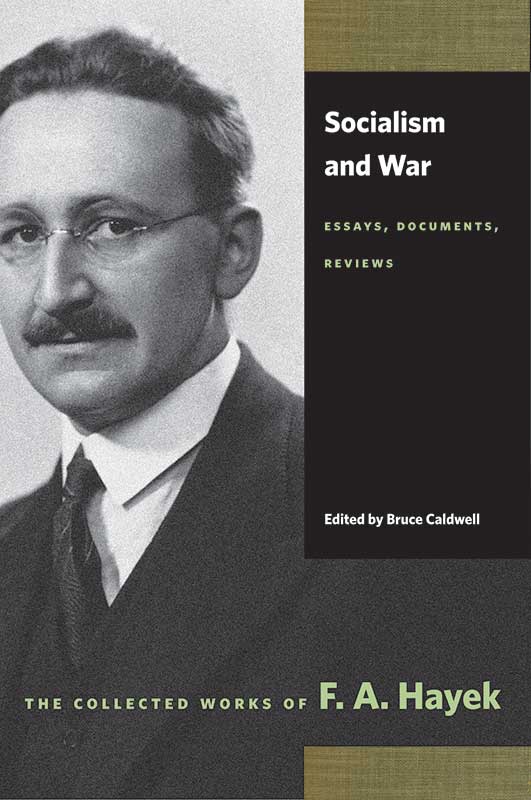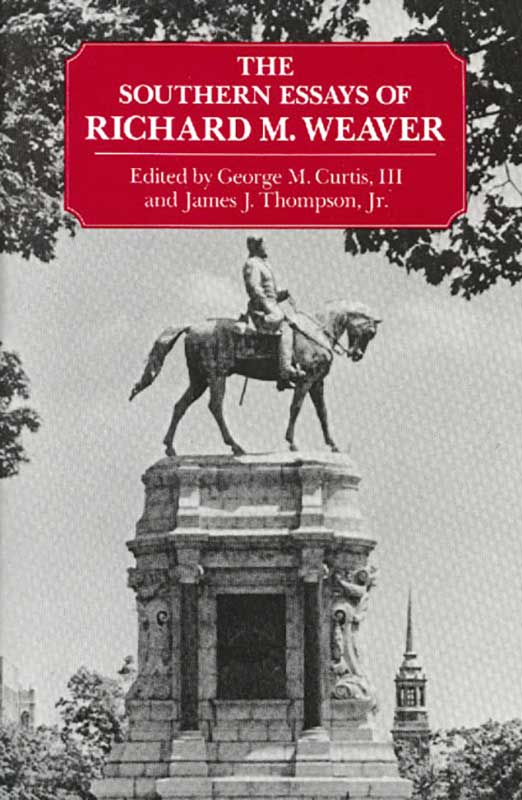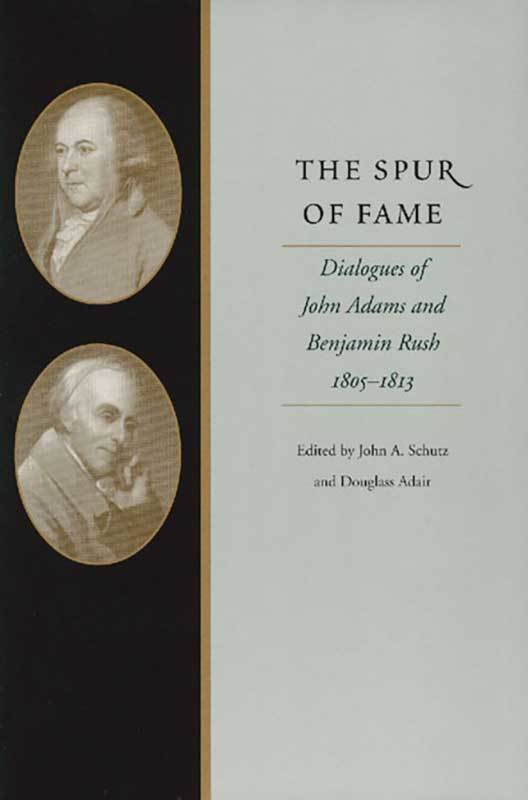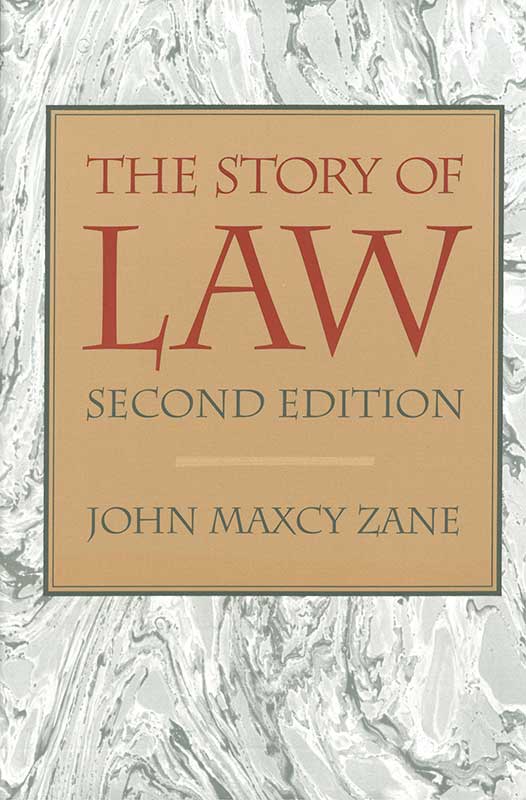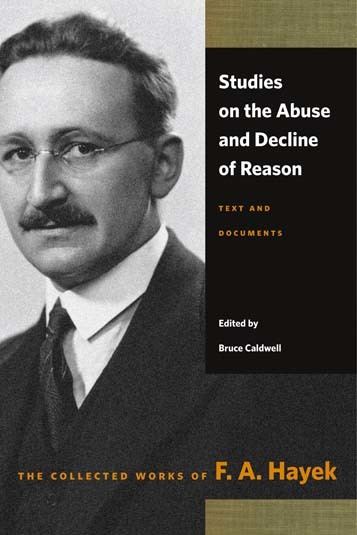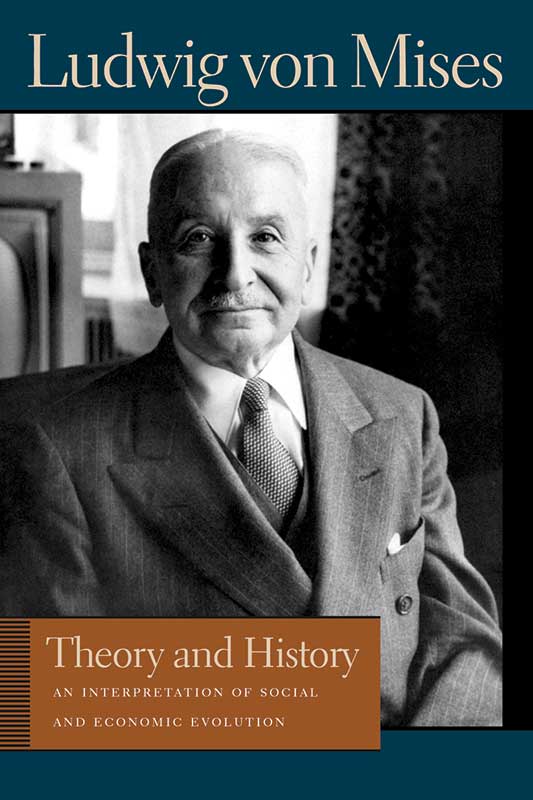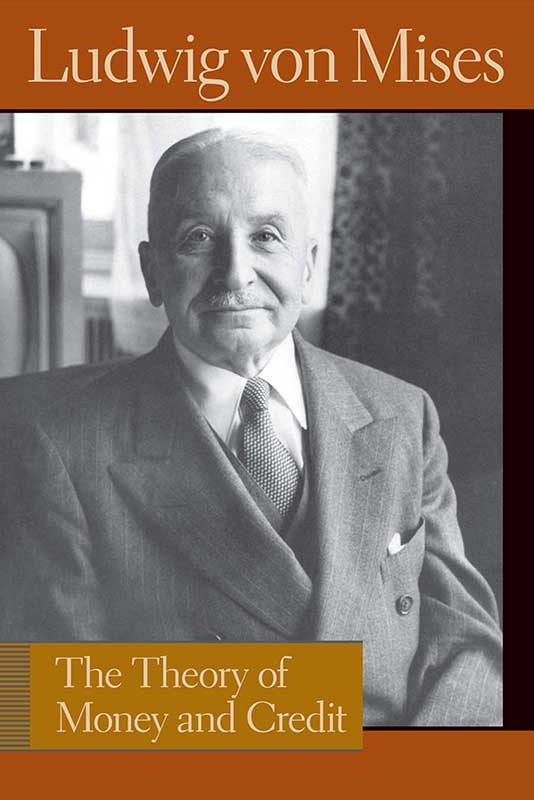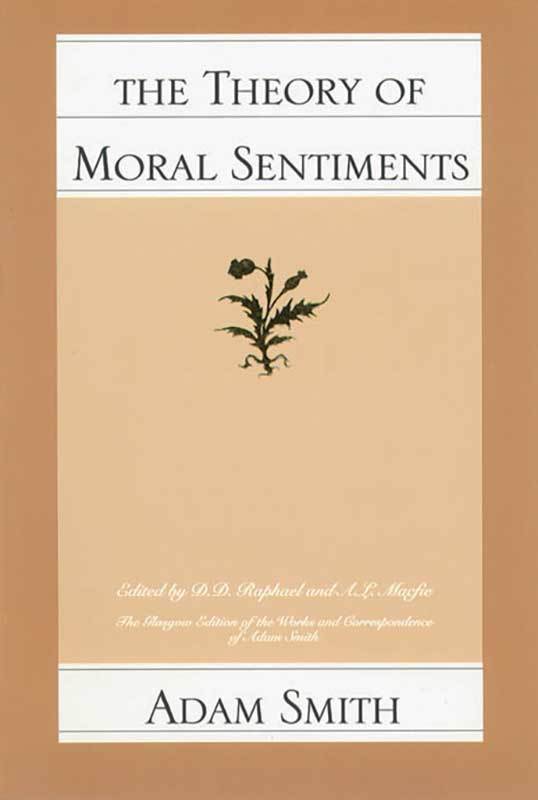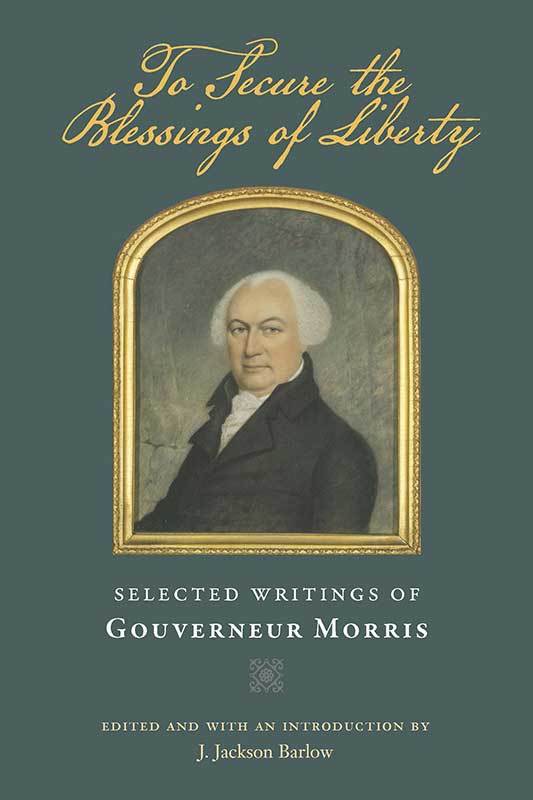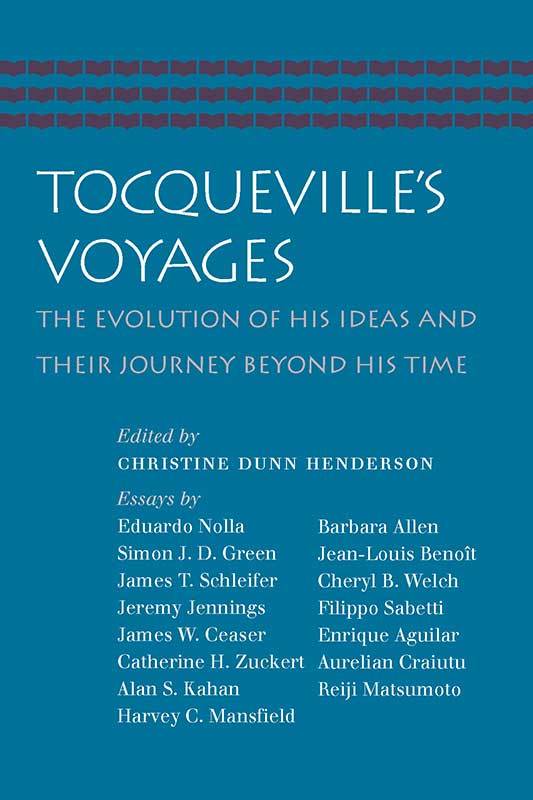For Educators
-
Socialism and War
by F. A. Hayek
/ Learn MoreIn the essays in this volume Hayek contributed to economic knowledge in the context of socialism and war, while providing an intellectual defense of a free society. The connection between the two topics is illuminated through essays containing some of Hayek’s contributions to the socialist-calculation debate, writings pertaining to war, and the cult of scientific economic planning from the late…
-
The Southern Essays of Richard M. Weaver
by Richard M. Weaver
/ Learn MoreRichard M. Weaver (1910–1963), one of the leading figures in the post-World War II development of an intellectual, self-conscious conservatism, believed that Southern values of religion, work ethic, and family could provide a defense against the totalitarian nihilism of fascist and communist statism. George M. Curtis, III, is a Professor of American History at Hanover College. James J. Thompson, Jr.,…
-
Speeches and Evidence
by David Ricardo
/ Learn MoreSpeeches and Evidence contains the texts of Ricardo’s numerous speeches. It consists of his speeches given in the House of Commons and evidentiary advocacies before Parliamentary committees. The introduction provides insightful context to the circumstances and events that preceded Ricardo’s appointment as a Member of Parliament and describes his subsequent influence and role on various committees.
-
The Spur of Fame
by John Adams and Benjamin Rush
/ Learn MoreJohn Adams and Benjamin Rush were two remarkably different men who shared a devotion to liberty. Their dialogues on the implications of fame for their generation prove remarkably timely—even for the twenty-first century. Adams and Rush championed very different views on the nature of the American Revolution and of the republic established with the United States Constitution; yet they shared…
-
The Story of Law
by John M. Zane
/ Learn MoreWritten for the layman as well as the attorney, The Story of Law is the only complete outline history of the law ever published. “It is,” too, noted journalist William Allen White of the original edition, “the sort of book that any lawyer could take home and give to his children in their teens and twenties as a justification of…
-
Studies on the Abuse and Decline of Reason
by F. A. Hayek
/ Learn MoreF. A. Hayek never published the grand project he conceived in a letter to Fritz Machlup in 1939. As described in the introduction, this work would “incorporate intellectual history, methodology, and an analysis of social problems, all aimed at shedding light on the consequences of socialism.” He told Machlup that “a series of case studies should come first, . .
-
Temporal and Eternal
by Charles Péguy
/ Learn MoreTemporal and Eternal is a profound and poetic assessment of the relationship between tradition and liberty, between politics and society, and between Christianity and the modern world. This edition includes a new foreword by Pierre Manent, Professor of Political Science at the Centre de Recherches Politiques Raymond Aron in Paris. As the twenty-first century begins, the relationships this book explores…
-
Theory and History
by Ludwig von Mises
/ Learn MoreTheory and History is primarily a critique of Karl Marx, his materialism, and his prediction of the inevitability of socialism. Marx attributes the creation of tools and machines, as well as the economic structure of society, to undefined “material productive forces.” Mises rejects this materialistic view; he points out that tools and machines are actually created by individuals acting on…
-
The Theory of Money and Credit
by Ludwig von Mises
/ Learn MoreThe Theory of Money and Credit integrated monetary theory into the main body of economic analysis for the first time, providing fresh, new insights into the nature of money and its role in the economy and bringing Mises into the front rank of European economists. The Theory of Money and Credit also presented a new monetary theory of the trade…
-
The Theory of Moral Sentiments
by Adam Smith
/ Learn MoreThe Theory of Moral Sentiments, Smith’s first and in his own mind most important work, outlines his view of proper conduct and the institutions and sentiments that make men virtuous. Here he develops his doctrine of the impartial spectator, whose hypothetical disinterested judgment we must use to distinguish right from wrong in any given situation. We by nature pursue our…
-
To Secure the Blessings of Liberty
by Gouverneur Morris
/ Learn MoreLiberty Fund is pleased to present this single-volume collection of Gouverneur Morris’s writings. This edition will be a welcome addition to scholars of American and French history as the volume contains many writings that have never before been published. Morris served as Deputy Superintendent of Finance during the American Revolution, in which capacity he devised the system of decimal coinage.
-
Tocqueville’s Voyages
by Christine Dunn Henderson
/ Learn MoreTocqueville’s Voyages is a collection of newly written essays by some of the most well-known Tocquevillian scholars today. The essays in the first part of the volume explore the development of Tocqueville’s thought, his intellectual voyage, during his trip to America and while writing Democracy in America. The second part of the book focuses on the dissemination of Tocqueville’s ideas…
35% OFF YOUR ENTIRE BOOK PURCHASE
With promo code:
SUMMER2025
Expires July 31, 2025

